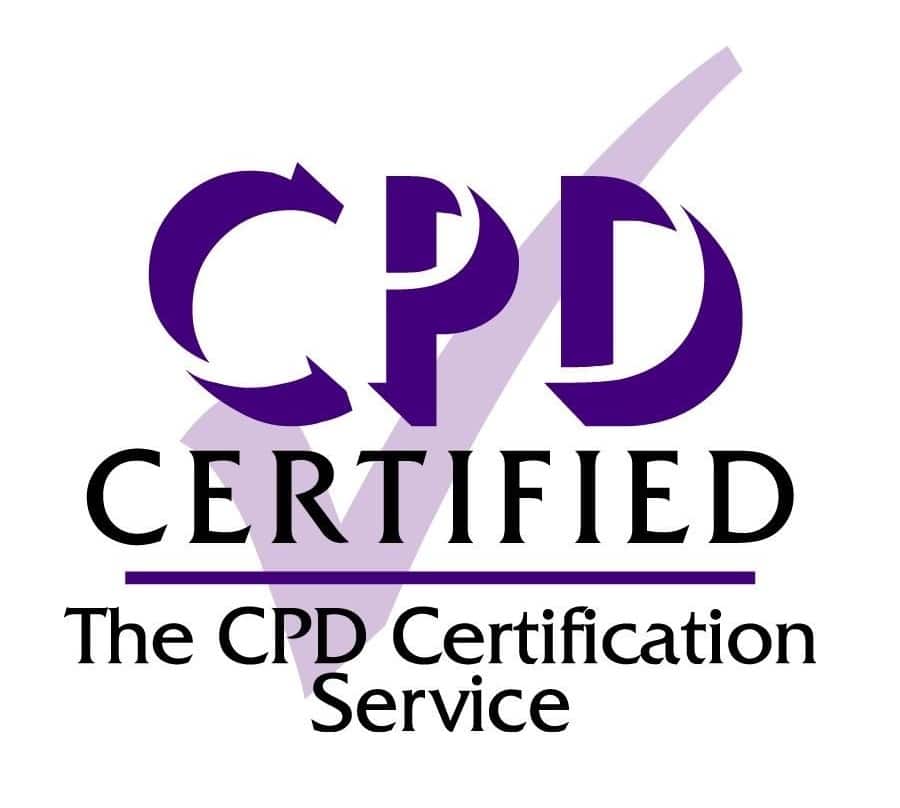Supporting Clients With PTSD in Care
Current Status
Price
Get Started
Buy Pay As You Go credits
- Pay as you go, buy credits and use on any course*.
- One credit gives you access to one course for one user from £1.99 a credit
- Unlock bigger discounts by purchasing more credits! – Use scroll bar below to review:
*Excluding Care Certificate and Management Courses
Cost per Credit: £8.50
Credits: 1. Total Price: £8.50
About the course
This course provides health and social care professionals with essential knowledge to support individuals with Post-Traumatic Stress Disorder (PTSD). Participants will explore the symptoms, causes, and long-term effects of PTSD, as well as evidence-based trauma-informed care approaches, therapeutic interventions, and recovery strategies.
What will you learn
Understanding PTSD and Its Impact
- Recognise the signs and symptoms of PTSD, including flashbacks, avoidance, and hypervigilance.
- Understand the causes and risk factors that contribute to PTSD, such as abuse, combat, or accidents.
- Explore the physical and emotional effects of PTSD on long-term health and wellbeing.
Trauma-Informed Care and Support Strategies
- Apply trauma-informed care principles, ensuring a safe and supportive
- Recognise and minimise triggers that may cause distress in clients.
- Develop effective communication techniques to build trust and emotional stability.
Interventions and Therapies for PTSD
- Learn about evidence-based treatments, including Trauma-Focused Cognitive Behavioural Therapy (TF-CBT) and Eye Movement Desensitisation and Reprocessing (EMDR).
- Understand the role of medication and relaxation techniques in managing PTSD symptoms.
- Explore the benefits of peer support, group therapy, and grounding techniques.
Supporting Long-Term Recovery
- Build resilience and coping skills to empower clients in managing their PTSD.
- Implement relapse prevention strategies and ongoing support mechanisms.
- Develop and adjust care plans to ensure continuous progress and sustained recovery.
Course Content
References
Reference List
- American Psychiatric Association (2013). Diagnostic and Statistical Manual of Mental Disorders (DSM-5).
- National Institute for Health and Care Excellence (NICE). PTSD Management Guidelines.
- World Health Organization (2018). Global Mental Health Report.
- National Center for PTSD (2022). PTSD Facts and Statistics.
- SAMHSA (2014). Trauma-Informed Care in Behavioral Health Services.
- PTSD UK (2021). Peer Support and Group Therapy Research.
- Journal of EMDR Practice and Research (2017). Efficacy of EMDR in PTSD Recovery.
- Mental Health Foundation (2020). The Role of Social Support in PTSD Recovery.
- U.S. Department of Veterans Affairs (2019). PTSD and Substance Misuse Statistics.
- National Institute of Mental Health (2020). Relapse Prevention in PTSD Treatment.

“Duis aute irure dolor in reprehenderit in voluptate velit esse cillum dolore eu fugiat nulla pariatur. Excepteur sint”
Katherine Cutts
Junior Designer at Company

“Duis aute irure dolor in reprehenderit in voluptate velit esse cillum dolore eu fugiat nulla pariatur. Excepteur sint”
Daniel Smith
Mobile Developer at Busines
Ratings and Reviews







